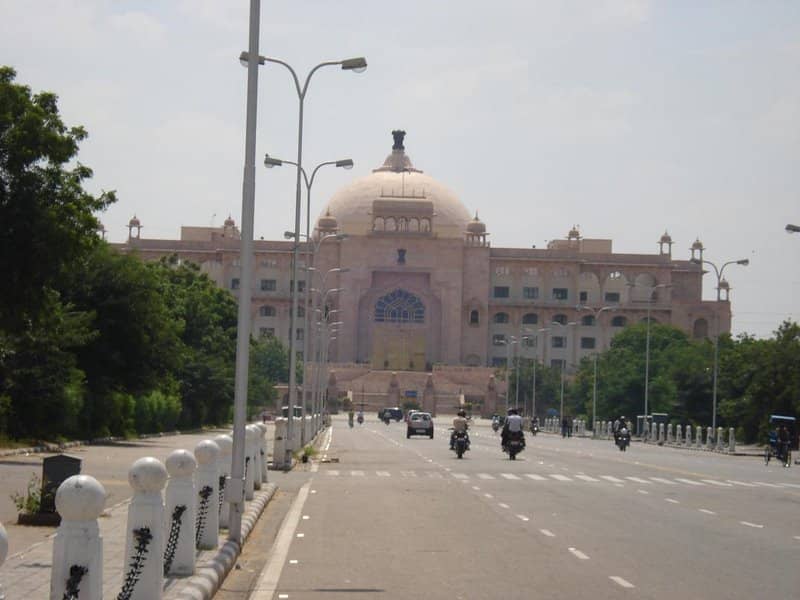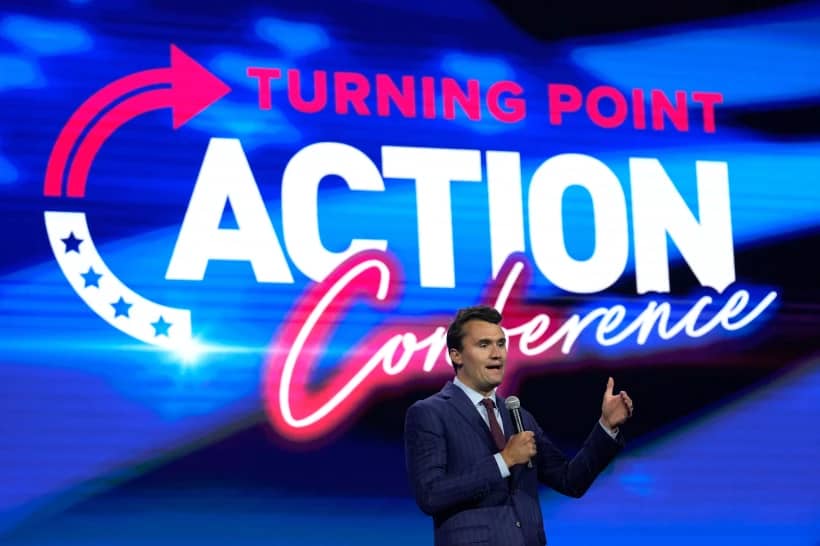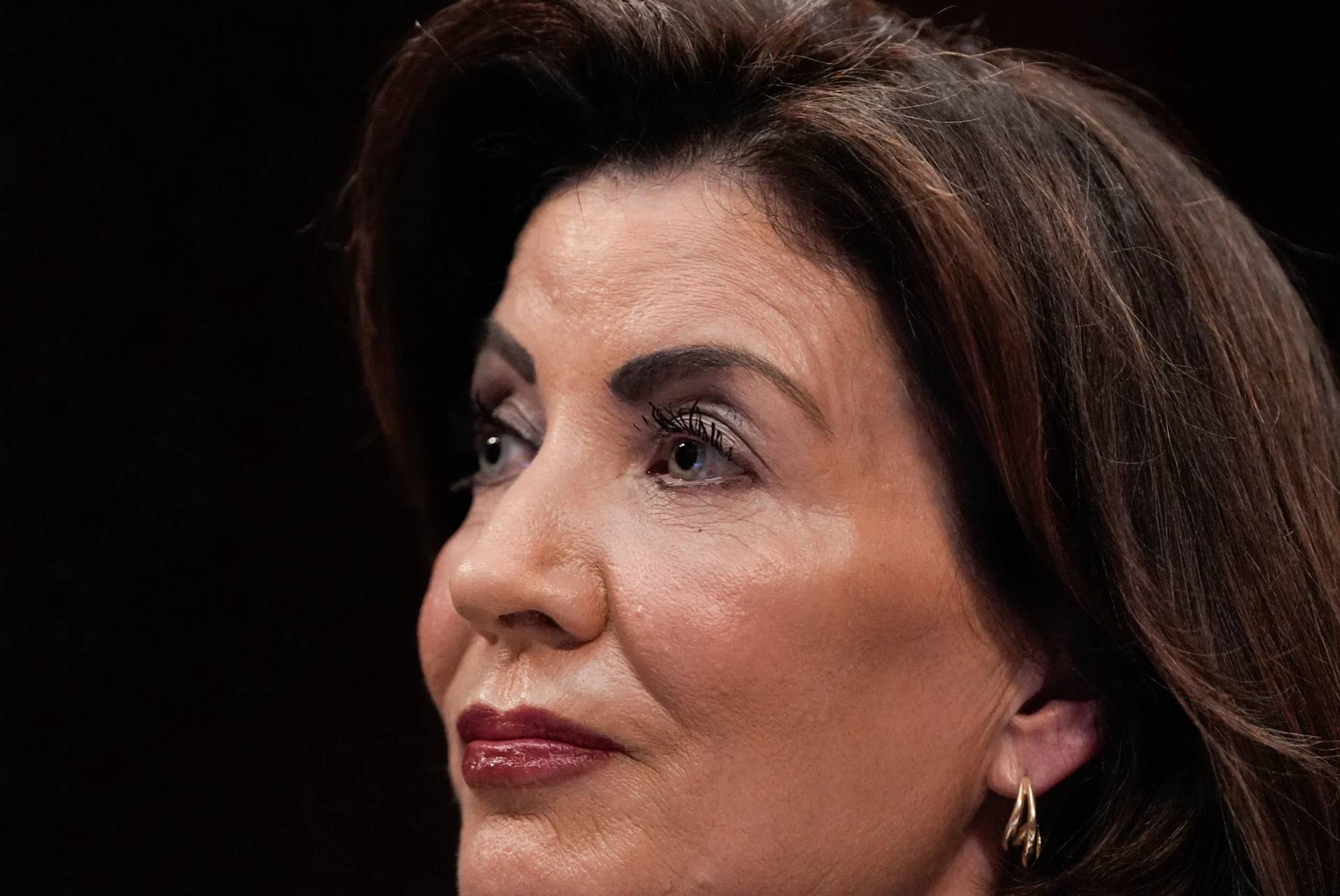ROME – Pope Francis is against the secession of the Spanish region known as Catalonia that is threatening to declare its independence next week. This claim comes from the Spanish ambassador to the Vatican, who had a private meeting with the pontiff on October 2.
Ambassador Gerardo Bugallo, who was recently appointed to the position, was having his first official meeting with Francis, a day after a controversial independence referendum in Catalonia.
Before it took place, the national government and the federal courts declared the voting illegal, claiming it violated the constitution, and have since refused to acknowledge it.
According to the weekly Catholic magazine Vida Nueva, the pope spoke to Bugallo about the “Holy See’s position against every self-determination process that is not justified by a process of decolonization.”
The piece was signed by Antonio Pelayo, the magazine’s correspondent in Rome, and ecclesial councilor of the embassy. He also wrote that the pope “manifested the rejection by the Church to every attitude that is not rooted in respect to the constituted legality.”
Bugallo and Francis met in private for 20 minutes, and afterwards, the ambassador met with the Vatican’s Secretary of State, Italian Cardinal Pietro Parolin.
On Tuesday, asked by journalists about the Vatican’s position on the referendum, the prelate refused to comment, stating simply to look at the statement of the cardinal of Barcelona.
Cardinal Juan José Omella, along with most of the Catalonian Catholic hierarchy, avoided taking any clear positions in the days and months leading to the referendum. A week before the vote took place, speaking in a basilica full of local politicians, he said: “I know that we’re living in complicated moments in our society, but we can’t be prophets of doom.”
RELATED: Catalonia referendum divides the Church as it does the people
“We must avoid confrontation, violence, and contempt for others,” he said. “We ask for sanity for ourselves and for our leaders.”
The national government attempted to stop the referendum, and the ensuing clashes left 800 people injured.
Afterwards, Omella said: “We have to find a peaceful and democratic way out of the situation we’re living.
“The situation of violence that happened today in Catalonia is deplorable,” he added, concluding his statement by commending all to “the God of peace.”
RELATED: Catalonia: Bishops condemn ‘deplorable’ violence during separatist vote
As a standard practice, the Vatican doesn’t comment on the pope’s private conversations, and neither Francis nor the Holy See have officially addressed the referendum.
However, Francis has spoken about the issue a handful of times, though mostly in passing.
He was asked specifically about the Catalonia situation in 2014, during an interview with the Spanish newspaper La Vanguardia. “Every division worries me,” the pontiff began when responding to the question, “Does the conflict between Catalonia and Spain worry you?”
He went on to distinguish between independence for emancipation, as was the case of the American continent, which emancipated itself from European states, and independence by secession, which he called “a dismemberment.”
“The secession of a nation without a precedent of forced unity has to be taken with many tweezers and analyzed on a case by case basis,” he said.
On June 2016, during an in-flight press conference coming back from his apostolic visit to Armenia, the pontiff was asked about “Brexit,” the United Kingdom’s decision to leave the European Union, which also included a referendum.
The pope said he regretted the fact that “there’s an air of division, not only in Europe but also in other countries: Catalonia, last year Scotland … These divisions, I’m not saying are dangerous, but it’s necessary to study things thoroughly, find viable solutions, before a division.”
Here, too, he distinguished between countries that became independent as part of an emancipation process, meaning, for instance, the American countries that declared their independence from colonizing nations. This, he said, is “more understandable because behind it there is a culture, there is a way of thinking.”
The secession of a country, he said, leads to a “balkanization,” clarifying that he wasn’t talking about the Balkans but about the process of fragmentation or division of a region or state into smaller regions or states that are often hostile or uncooperative with one another.
“For me, unity is always better than conflict, but there are different ways of unity . . . and even fraternity, and here comes the European Union; fraternity is better than animosity and distance,” he said, insisting: “Fraternity is better, and bridges are better than walls. One must reflect on all of this.”
He acknowledged that, in the case of the European Union, there are many problems that need to be addressed, and that it has to be done “creatively” and there’s even room for a “healthy disunity.” But, and this applies not only to the EU, “we don’t throw the baby in the bath water out the window, no?”
Catalan leader Carles Puigdemont is set to address the Catalan parliament on Tuesday regarding the “current political situation,” a spokesperson for the body confirmed on Friday.
The independence vote in Catalonia took place only a week after the Kurdistan region in Iraq also overwhelmingly voted for independence.
In addition, there are dozens of regions calling for greater autonomy or complete independence in Europe alone. The list includes: Scotland; Flanders, a Dutch-speaking region in northern Belgium; and “Padania,” which is a proposed independent country consisting of the northern regions of Italy.
Outside of Europe, there is a strong independence movement in French-speaking Quebec in Canada, while recently there has been a renewed effort to establish an independent Biafra State in southeast Nigeria, and some English-speaking Cameroonians are agitating for their own independence.
The Spanish bishops’ conference hasn’t released a statement since the referendum.
However, Alfa y Omega, a weekly publication that belongs to the Archdiocese of Madrid, published an editorial titled “Above all, keep calm,” in which the editors recall “the urgency of promoting a healthy inclusive patriotism capable of embracing the rich diversity and plurality among the Spaniards” against the “discourse of particularity and the disqualification of the other.
“The responsibility of the Church in these moments is clear: To work for harmony, despite the fact that some of its members haven’t been able to be live up to this,” the weekly newspaper said.
At least one bishop in Catalonia voted in favor of the referendum, and boasted of having done so through social media, and some 400 priests signed an open letter supporting the secessionist vote. On the day of the ballot, a priest even pretended to say Mass while vote-counting took place in his church.














